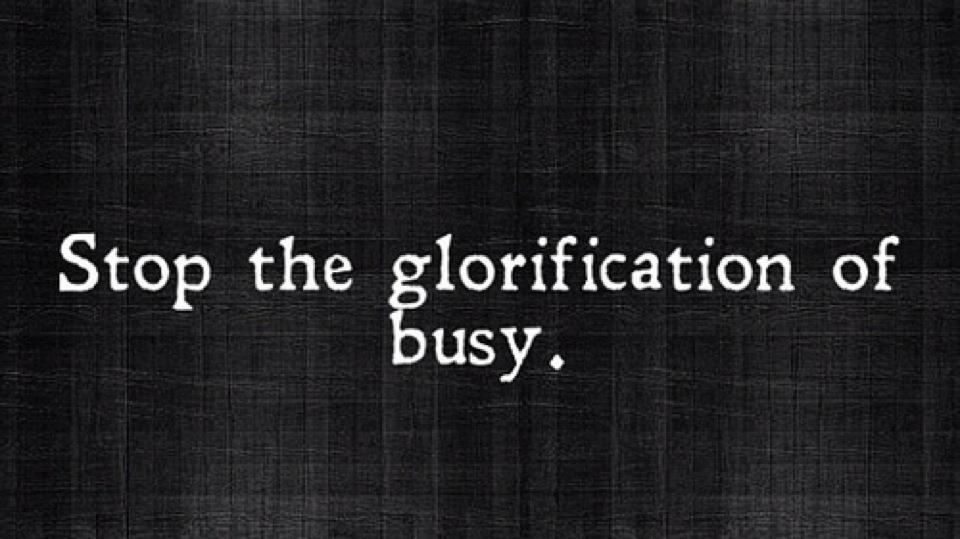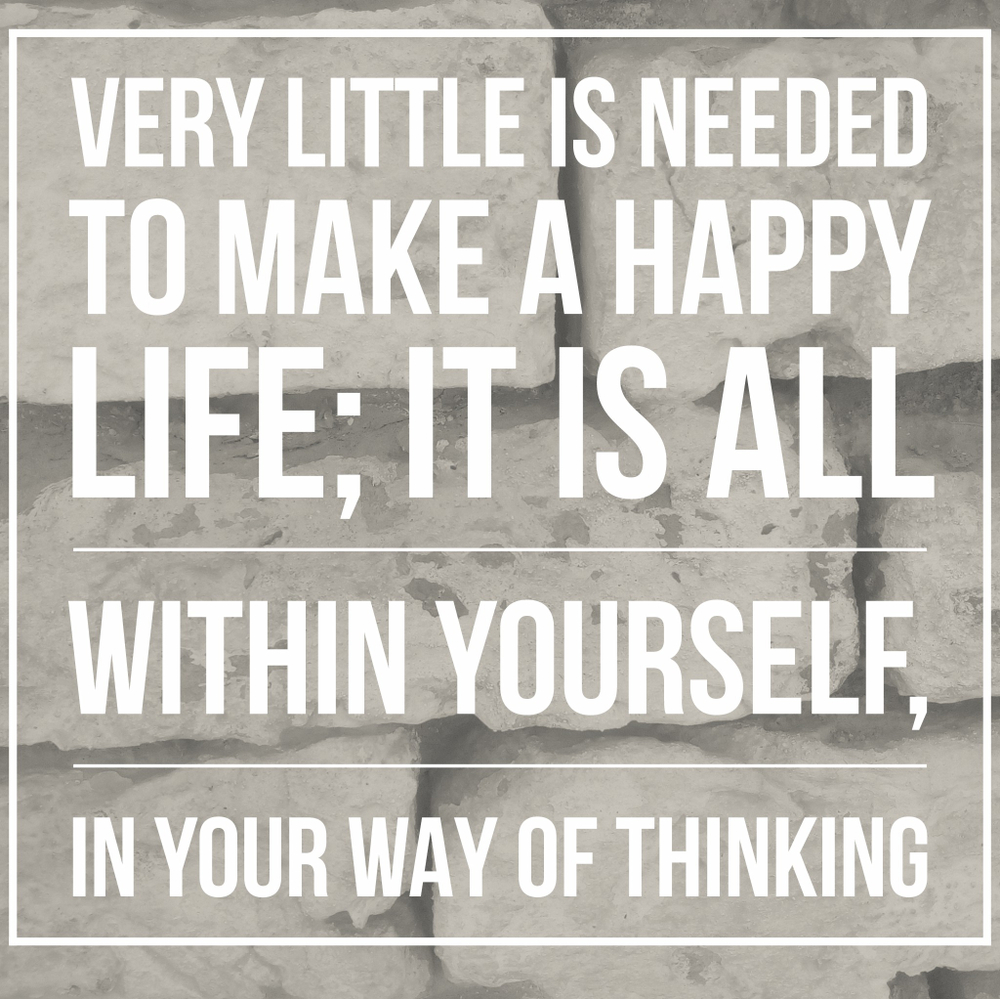Last week, I read an online article that talked about American’s urge to overachieve. It said that this urge – even in times of global crisis – is reflective of America’s always-on work culture. And that this need to overachieve affects (rightfully so) how productive we can actually be.
This urge to overachieve is actually just a way to highlight, in part, our culture of busy.
Our glorification of busy.

It points the spotlight on how a typical American thinks about, and does, their work. Always on. Always working. It is a common assumption that everyone operates that way. Which is probably why I have more emails than I ever did before.
And it annoys me.
Often, I question any extraneous information that comes my way (especially via email) and whether it is for my highest good. I do this so that I can sort out the clutter from the meaningful. So I can easily see where a solicitation is masked as an “opportunity” and make the best judgment call I can as to whether I “need” it.
All of the questioning what is coming in especially via the web probably sounds like an easy thing to do. And for sure, it is not rocket science.
But I am not so sure that we are all built as scientists in this way. Especially in this time of pandemic. With the social distancing, and being lonely even as we have people near us {if we are lucky}, it affects the need on which so many are built: to be social, together, connected. And so we confuse, or perhaps just let in more “stuff” to fill the void that something like a pandemic leaves.
We lean toward overachieving and over compensating for the great lack we assume we have in not being able to physically see who we want. Or do what we want, when we want to.
Of course I have been unsubscribing and deleting the clutter. I have limited my social media even more than before to keep my head clear. But boy does it feel harder and harder to keep things clear, and quiet now.
Which, considering what this pandemic can actually give us, is a bit of a contradiction.
This pandemic, it is said, has caused us to slow down. Or at least given us a huge excuse to do so. Hopefully, people are using the excuse wisely, and often. Hopefully, this tragedy has really made us all think about what is most important. Helped us redefine how we want to feel in our space and hopefully be more in touch with what “things” make us truly happy.
Some people have taken the opportunity to pause, to reflect, to decide a different way to approach life. And I give praise and kudos to those people who actually embrace this silver lining and act more authentically.
When you reflect and actually use wisely all of that time you really do have you are doing a good thing. You are doing a good thing for yourself, and those around you when you realize that the kind of life you want to live is actually within your grasp.

Sometimes, you have to quiet the noise to really see it.
Sometimes you have to trade in this perhaps-subconscious need to overachieve for a realization that you are doing enough. You are enough.
We are home with so much time available during the day. And while that sounds wonderful, it can be a real detriment. Especially if you are like many Americans who feel they need to do more. All.the.time. It seems because so much has been taken away (temporarily of course) in terms of how you work or live that you have to “make up” for what you feel might be lost.
Nothing is lost. You don’t need to over compensate. And you don’t need to over do anything. You need to spend your time productively and keep your purpose clear.
That automatic switch that goes on in your head that tells you doing more, achieving more actually equals more – it’s faulty. Over achieving, over producing, over indulging most often equals overwhelm. It doesn’t actually fill a void or solve a problem. It just creates busy, and perhaps even feelings of inadequacy.
It is hard, after all, to keep up with so much.
At this time you might have to work a little harder at turning off the automatic switch in your head to find a sense of fulfillment. Despite this pandemic and the enormous fear-filled change it creates fulfillment in doing enough is there for you. Find it in silence. Find it in the continued reduction of clutter — from people, thoughts and things. And the listening to what is most important.
You don’t need to overachieve, or do more than enough.
You are doing enough.
Let that realization help fill the void.




